News
The European Union & Russia: Allies? Partners? Rivals?
17.12.2020
On December 17, 2020, the AEB invited several world leading experts do discuss online the following issue:The European Union & Russia: Allies? Partners? Rivals?
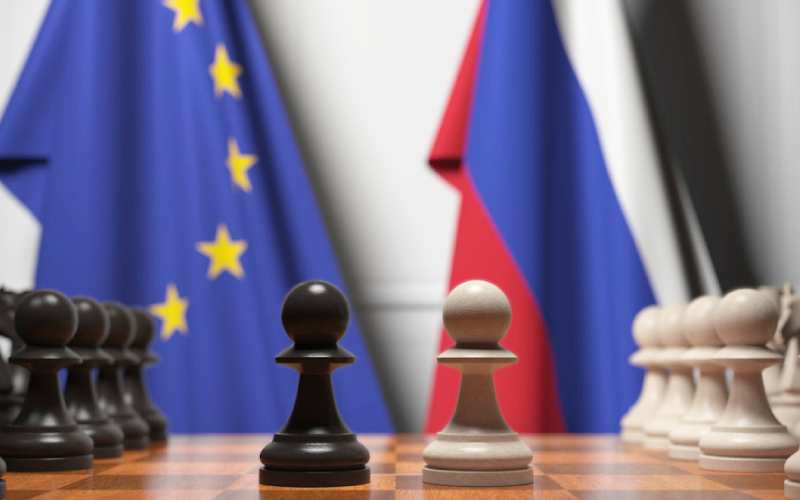
The event was opened by the AEB CEO Tadzio Schilling, who welcomed the participans and started the discussion on the possible ways to improve the EU-Russia cooperation and strengthening of the principle of EU "selective engagement" with Russia.
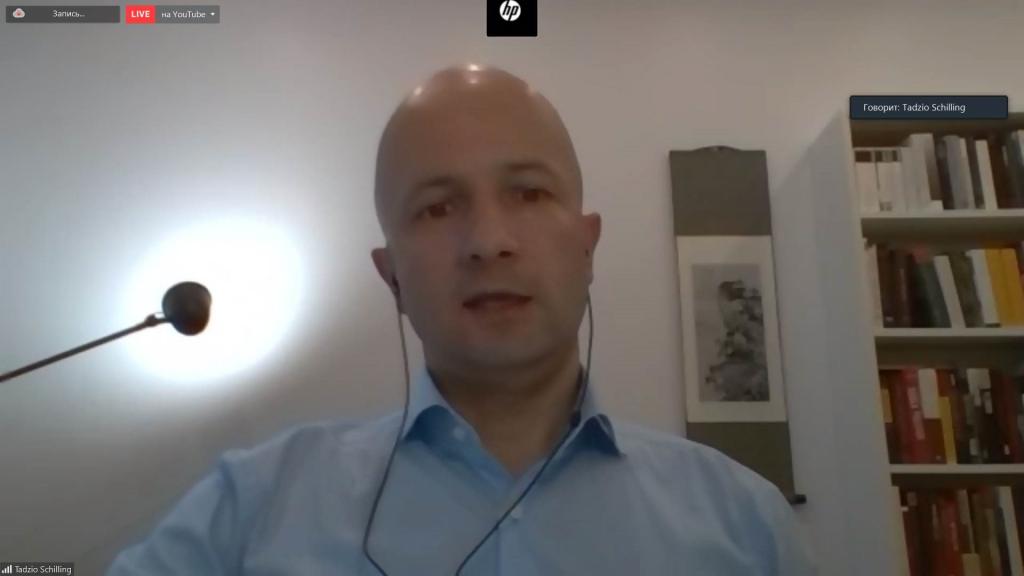
He also called for the abandonment of further mutual threats of sanctions, because the unprecedented public health and economic crisis triggered by the pandemic could well leave Moscow and Brussels in a weaker position in the post-COVID-19 world order.
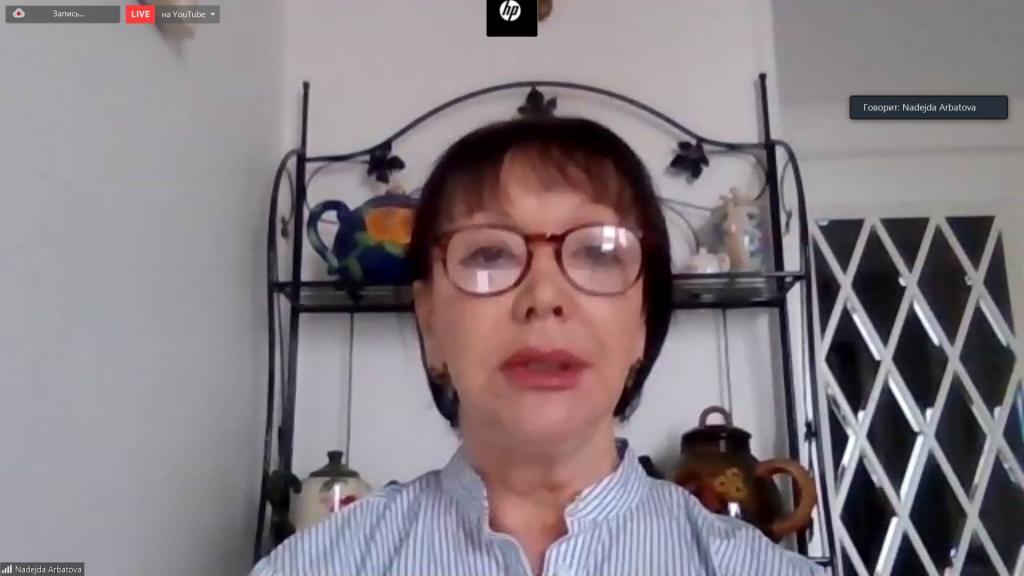
Nadezhda Arbatova, Head of Department of European Political Studies, Professor, Institute of World Economy & International Relations RAS (IMEMO), was skeptical about the further development of the partnership between Russia and the EU, noting that even the fight against covid-19 could not bring the parties together.
According to Ms. Arbatova, the format of strengthening bilateral relations with European states is currently the most successful for Russia. The future of EU-Russia relations depends on the vectors of the EU's domestic political development and Russia's modernization.
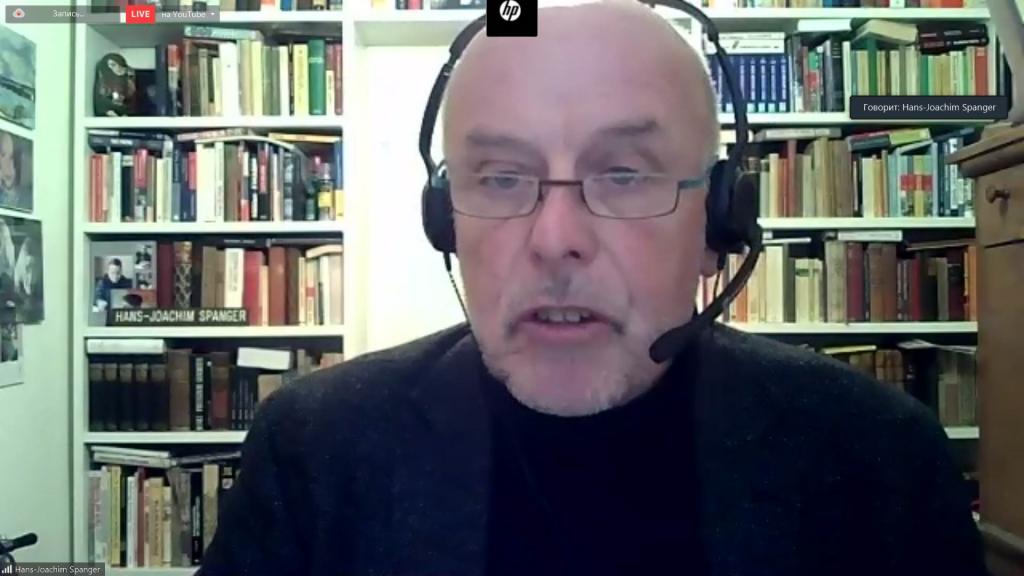
Hans-Joachim Spanger, Head of Research Department, Leibniz Institute Peace Research Institute Frankfurt; Research Professor, Higher School of Economics,also agreed with the statement that Russia and the EU have never been allies, but as a scenario of possible rapprochement he named uniting against the threat from China.
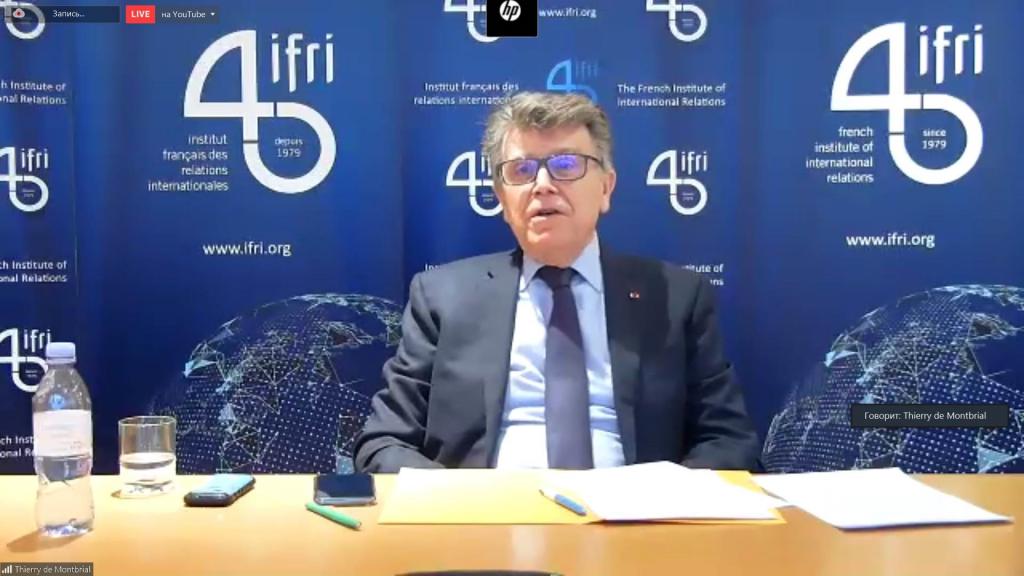
Thierry de Montbrial, Executive Chairman of the French Institute of International Relations (Ifri), stated about the missed opportunity of rapprochement between Russia and the EU in the 90s, when he recklessly expected Russia to instantly transition to democracy through regime change. Moreover, according to Mr. Montbrial, Russia is perceived in the West as an enemy, thus justifying the existence of NATO.
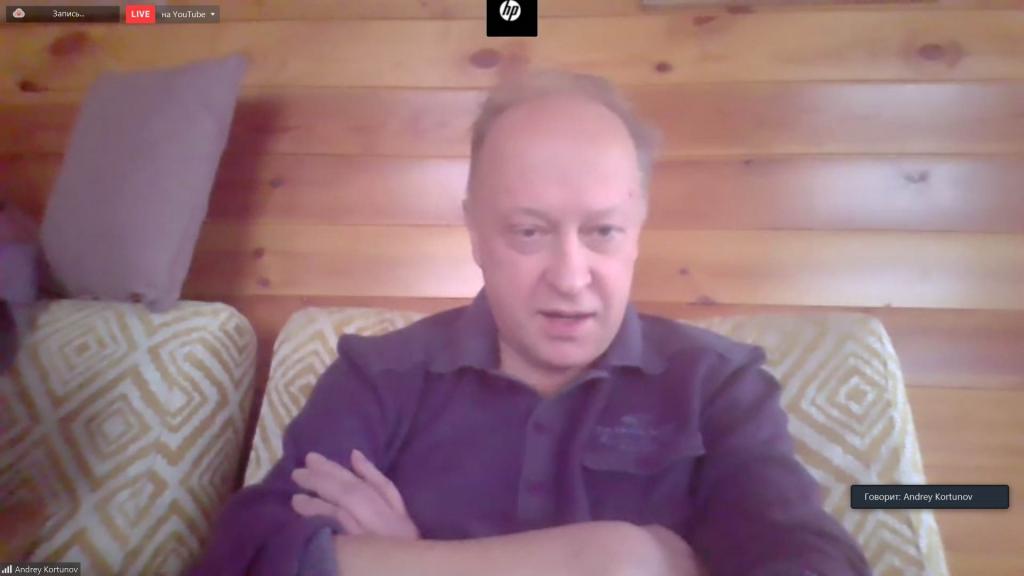
Andrey Kortunov, General Director, Russian International Affairs Council, appreciated the AEB work for strengthening ties between European and Russian business and suggested giving a boost to further cooperation "from the bottom up," i.e., gradually building the infrastructure to support bilateral relations, and then moving on to the creation of supranational political institutions.
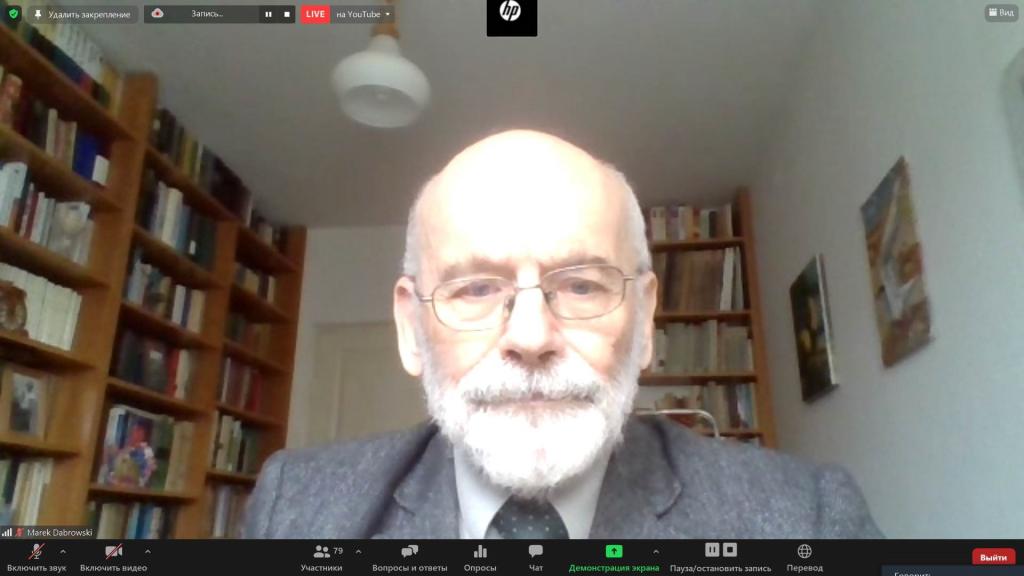
Marek Dabrowski, Non-Resident Fellow at Bruegel; Professor, Higher School of Economics in Moscow, spoke about the long-standing development of trade between the EU and Russia, recalling that the EU remains the largest investor in the Russian economy, surpassing the U.S. and China. In his speech, he also outlined the prospects for trade liberalization between Russia and the EU.
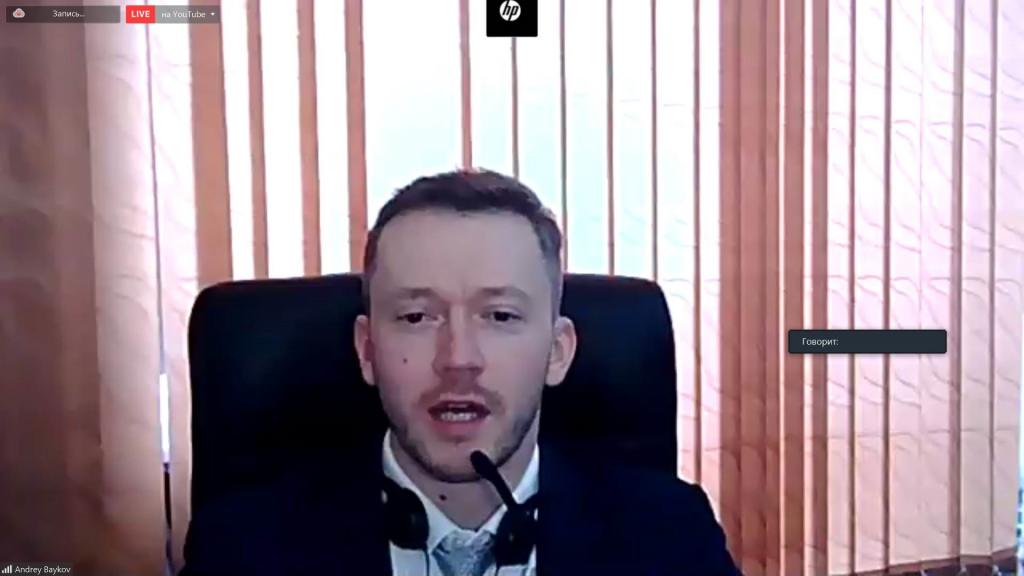
Andrey Baykov, Vice-Rector, MGIMO, elaborated on possible scenarios for further interaction, noting that Russia hopes for a return to a rational and objective approach in relations with the European Union.
Login
You are successfully registered



 Get it on
Get it on Download on the
Download on the